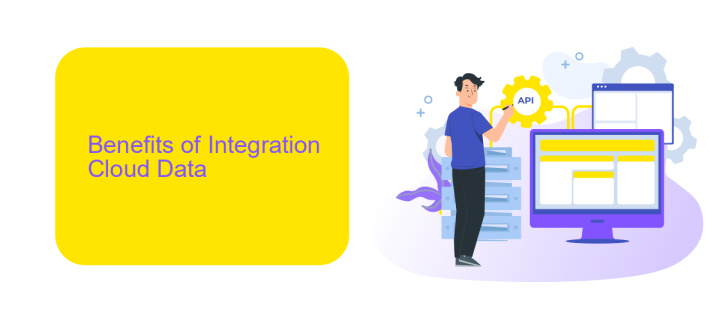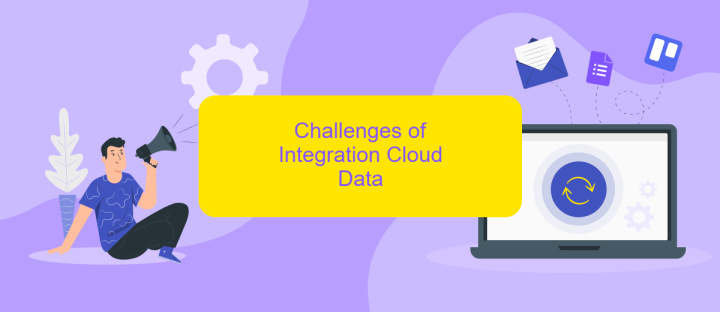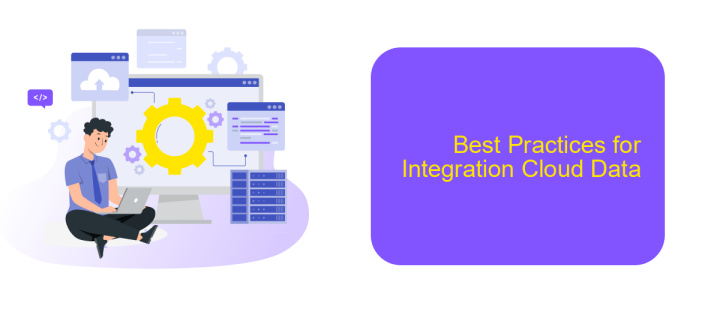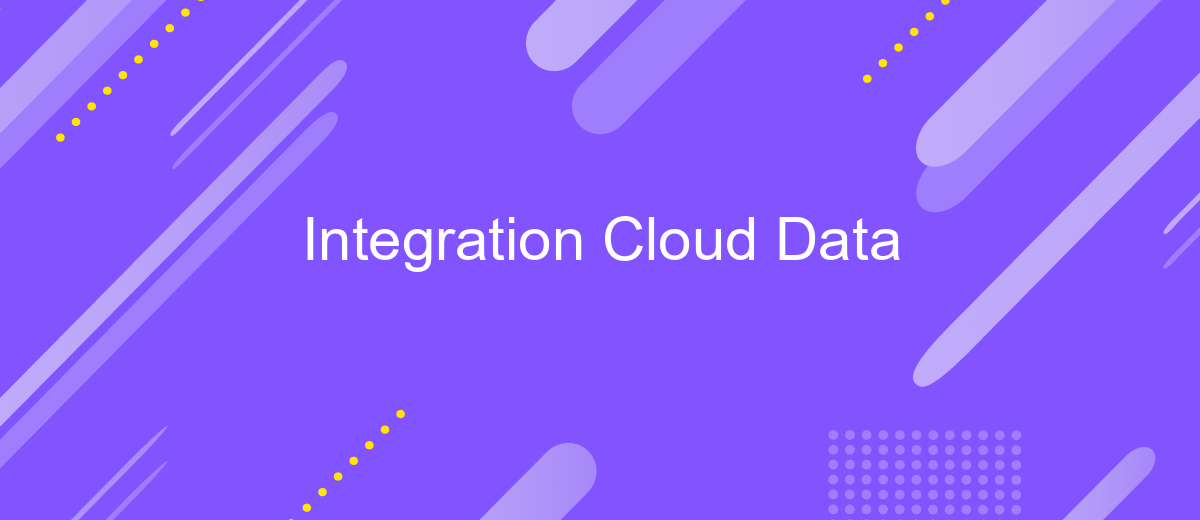Integration Cloud Data
In today's fast-paced digital landscape, the seamless integration of cloud data has become a cornerstone for business agility and innovation. Integration Cloud Data solutions enable organizations to unify disparate data sources, streamline workflows, and enhance decision-making processes. This article explores the key benefits, challenges, and strategies for effectively leveraging Integration Cloud Data to drive operational excellence and competitive advantage.
Introduction
In today's digital landscape, the integration of cloud data has become a critical component for businesses aiming to streamline operations and enhance efficiency. Cloud integration allows disparate systems and applications to communicate seamlessly, ensuring that data flows smoothly across various platforms. This not only reduces manual work but also minimizes errors, thereby improving overall productivity.
- Improved data accessibility and sharing
- Enhanced operational efficiency
- Scalability and flexibility
- Cost savings and resource optimization
One of the tools that facilitate cloud data integration is ApiX-Drive. This service simplifies the process of connecting different applications and automating workflows, making it easier for businesses to manage their data. By leveraging ApiX-Drive, organizations can ensure that their systems are always in sync, allowing them to focus on core activities rather than dealing with integration challenges. As cloud technology continues to evolve, the importance of efficient data integration will only grow, making it essential for businesses to adopt reliable solutions.
Benefits of Integration Cloud Data

Integration Cloud Data offers numerous benefits that streamline business operations and enhance data management. One of the primary advantages is the ability to centralize data from multiple sources, ensuring that all stakeholders have access to consistent and up-to-date information. This centralization minimizes data silos, reduces redundancy, and improves decision-making processes. Furthermore, cloud-based integration solutions provide scalability, allowing businesses to easily adjust their data management capabilities as they grow or as their needs change.
Another significant benefit is the automation of data workflows, which reduces the time and effort required for manual data entry and processing. Services like ApiX-Drive facilitate seamless integration between various applications, enabling automatic data transfer and synchronization. This not only enhances efficiency but also minimizes the risk of errors. Additionally, Integration Cloud Data solutions often come with robust security features, ensuring that sensitive information is protected against unauthorized access and breaches. Overall, these benefits contribute to more efficient, secure, and agile business operations.
Challenges of Integration Cloud Data

Integrating cloud data presents several challenges that organizations must navigate to ensure seamless data flow and operational efficiency. One of the primary obstacles is data security and privacy, as sensitive information often traverses multiple networks and storage systems. Ensuring compliance with regulations such as GDPR and HIPAA adds another layer of complexity to the integration process.
- Data Security: Protecting data from breaches and unauthorized access is critical.
- Data Privacy: Ensuring that personal data is handled in accordance with legal requirements.
- Data Consistency: Maintaining data accuracy and consistency across different platforms.
- Integration Complexity: Managing the technical complexities of integrating disparate systems.
- Scalability: Ensuring the integration can handle increasing data volumes and user demands.
Utilizing services like ApiX-Drive can significantly mitigate these challenges by providing automated data transfer and synchronization between various cloud applications. ApiX-Drive simplifies the integration process, offering a user-friendly interface and robust security measures, ensuring that data remains consistent and secure across all platforms. By leveraging such tools, organizations can streamline their cloud data integration efforts, allowing them to focus on strategic initiatives rather than technical hurdles.
Best Practices for Integration Cloud Data

When integrating cloud data, it's crucial to follow best practices to ensure seamless and efficient data flow. Begin by understanding the specific requirements of your organization and the data sources involved. This helps in designing a robust integration strategy tailored to your needs.
Security should be a top priority. Ensure that all data transfers are encrypted and that you comply with relevant data protection regulations. Regularly update security protocols to protect against new threats. Additionally, always back up data to prevent loss during the integration process.
- Define clear objectives and goals for your data integration.
- Choose the right tools and platforms, such as ApiX-Drive, for automated and efficient integration.
- Monitor and maintain data quality to avoid inconsistencies.
- Implement error handling and logging mechanisms for troubleshooting.
Finally, maintain documentation of your integration processes and configurations. This not only aids in troubleshooting but also ensures that the integration can be easily managed and updated by different team members. By following these best practices, you can achieve a reliable and efficient cloud data integration.


Conclusion
In conclusion, the integration of cloud data is a crucial aspect for modern businesses aiming to enhance their operational efficiency and data management capabilities. By seamlessly connecting various cloud services and applications, organizations can ensure that data flows smoothly across different platforms, leading to more informed decision-making and streamlined processes. This integration not only reduces manual data entry errors but also provides real-time insights that are vital for maintaining a competitive edge.
Services like ApiX-Drive play a pivotal role in simplifying the integration process. With its user-friendly interface and robust features, ApiX-Drive enables businesses to automate workflows and connect disparate systems without the need for extensive technical expertise. By leveraging such tools, companies can focus on their core activities while ensuring that their data ecosystem remains cohesive and efficient. As cloud technology continues to evolve, the importance of effective data integration will only grow, making it an indispensable element of any forward-thinking business strategy.
FAQ
What is Integration Cloud Data?
Why is Integration Cloud Data important for businesses?
What are the common challenges faced during cloud data integration?
How can businesses ensure data security during cloud integration?
What tools can help automate cloud data integration?
Strive to take your business to the next level, achieve your goals faster and more efficiently? Apix-Drive is your reliable assistant for these tasks. An online service and application connector will help you automate key business processes and get rid of the routine. You and your employees will free up time for important core tasks. Try Apix-Drive features for free to see the effectiveness of the online connector for yourself.

